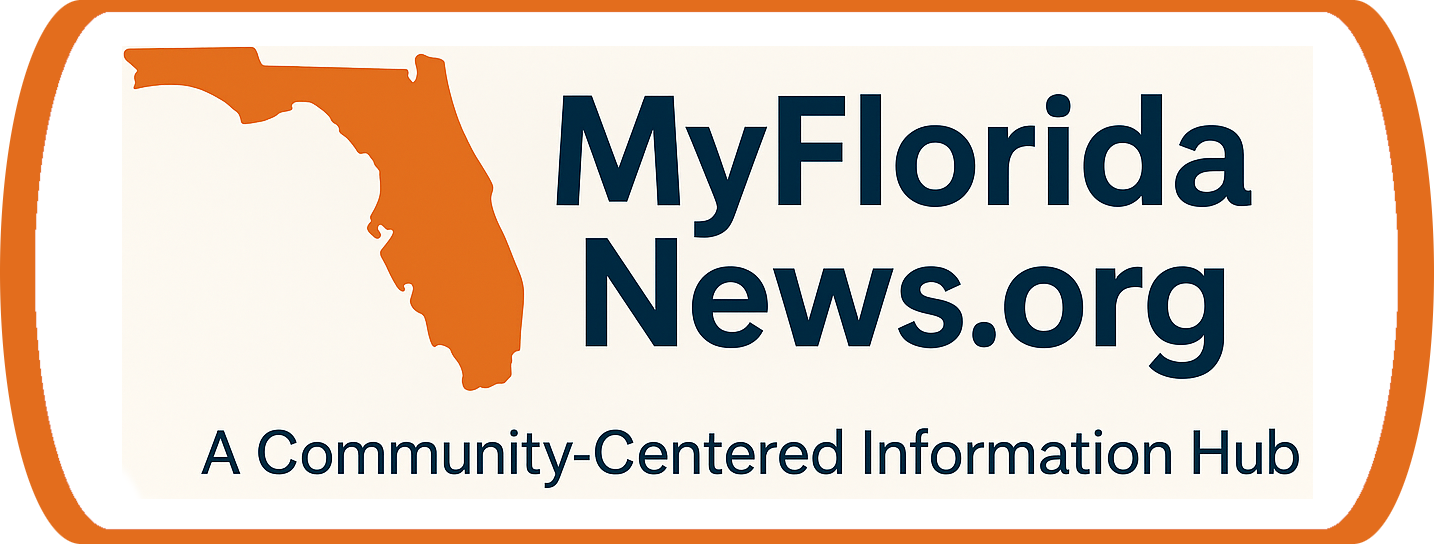Image generated by flux-ai.io & content generated by ChatGPT Version 4o-mini
New Guidelines for Pesticide Use in Lee County: What You Need to Know
In Lee County, where agriculture thrives alongside beautiful waterfronts, the use of pesticides is closely monitored to protect both crops and our precious ecosystems. Recent guidelines from the Environmental Protection Agency (EPA) and the Florida Department of Environmental Protection (FDEP) lay out new requirements for pesticide application that affect local farmers, pest control operators, and the health of our waterways.
Understanding the New Regulations
The new guidelines come from a ruling that requires a special permit for the application of pesticides that can potentially enter surface waters—like our lakes and rivers. This ruling is part of the National Pollutant Discharge Elimination System (NPDES), which aims to reduce pollution in U.S. waters. In simple terms, if pesticides are sprayed in a way that they could wash into local water bodies, those applying them need to follow specific rules to minimize harm.
For Lee County, which has a significant agricultural sector with over 800 farms, this is particularly relevant. Farmers are often battling pests that threaten their crops—like pesky mosquitoes or invasive weeds—making effective pest control essential for maintaining the productivity of local farms. However, it is crucial to manage pest control responsibly to protect beneficial insects and reduce pesticide reliance.
Who Needs a Permit?
Not everyone applying pesticides needs to file for a permit. Only those in specific categories, like mosquito control programs or government agencies that treat water bodies, must submit a Notice of Intent (NOI) to the FDEP. Homeowners treating their gardens or small farms that aren’t directly applying pesticides to waterways may not need permits. However, all must follow best practices to limit pesticide runoff and protect our environment.
Protecting Our Environment
The new regulations aim to keep our lakes, rivers, and estuaries clean. The guidelines require those applying pesticides to monitor their use closely, report any adverse incidents (like unintended harm to wildlife or humans), and maintain records of their activities. For example, if a pesticide application leads to fish deaths in a nearby creek, that incident must be reported to state authorities.
In Lee County, where many residents enjoy fishing and recreational activities on our waterways, these measures are crucial. They help ensure that our local ecosystems remain healthy and vibrant for future generations. Additionally, adopting Integrated Pest Management (IPM) practices can further help reduce reliance on chemical solutions and protect the environment.
What Local Residents Can Do
As residents of Lee, it’s important to stay informed about how pesticides impact our environment. If you’re using pesticides in your yard or garden, consider adopting IPM practices such as spot-treating rather than blanket spraying, using selective insecticides, and always reading and following insecticide label instructions. This approach combines different strategies to manage pests in an environmentally friendly way.
Additionally, you can support local farmers who are implementing these new guidelines responsibly. By buying fresh produce from local markets, you contribute to sustainable farming practices that prioritize ecological health. Remember, reducing chemical use not only benefits the environment but also promotes a healthier community.
Conclusion
These new pesticide application guidelines represent a significant step towards safeguarding Lee County’s environment while balancing the needs of agricultural production. By understanding and adhering to these regulations, both professional applicators and residents can play a part in protecting our water resources, ensuring that Lee County remains a beautiful and bountiful place to live. Whether you’re a farmer, a homeowner, or just someone who loves the outdoors, these regulations matter to all of us.
References
PI239/PI239: Applying Pesticides in Compliance with the National Pollutant Discharge Elimination System (NPDES). (n.d.). Ask IFAS – Powered by EDIS. https://edis.ifas.ufl.edu/publication/PI239

